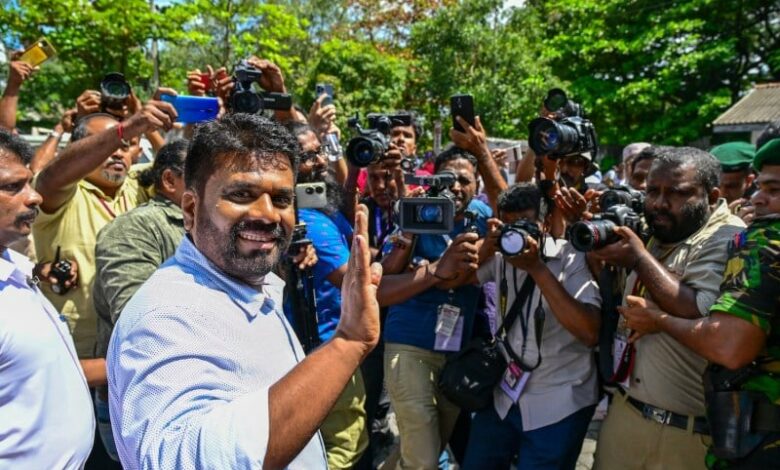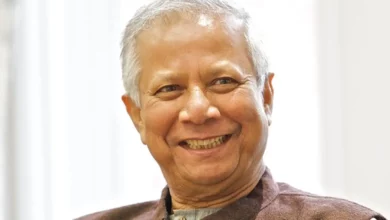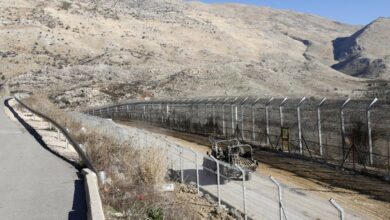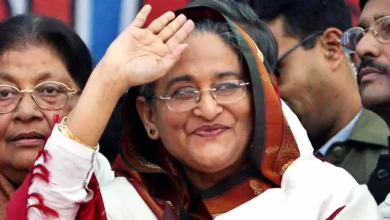
President Anura Kumara Dissanayake is seeking a fresh mandate in Parliament to push his welfare policies and renegotiate terms under the IMF bailout programme.
Sri Lankans began voting on Thursday in a snap Parliamentary election as new Leftist President Anura Kumara Dissanayake seeks a clear mandate to push his pro-poor welfare policies.
The most crucial opposition to Dissanayake’s NPP coalition is the SJB party led by Sajith Premadasa, represented by a mix of state intervention and free market economic policies.
The island nation of 22 million people is recovering from a financial meltdown in 2022 that saw the economy shrink by 7.3% in 2022 and 2.3% in 2023. The COVID-19 pandemic triggered an economic crisis amid a shortfall of foreign currency because of the country’s fall in exports and inflow of foreign remittances.
The country has been recovering thanks to the IMF’s $2.9 billion bailout programme, but the high cost of living remains one of its most pressing concerns, particularly among the poor.
Fifty-five-year-old Dissanayake was elected president in the September presidential elections. His coalition, the NPP, won the presidency with almost 43% of the popular vote against his nearest rival, Sajith Premadasa, who secured only 32.76% of the votes.
The country uses a proportional representation system in the 225-member parliament that balances parties’ political representation. Failing to obtain at least 50% meant Dissanayake would fall short of a parliamentary majority, crucial to advancing his reform agenda.



